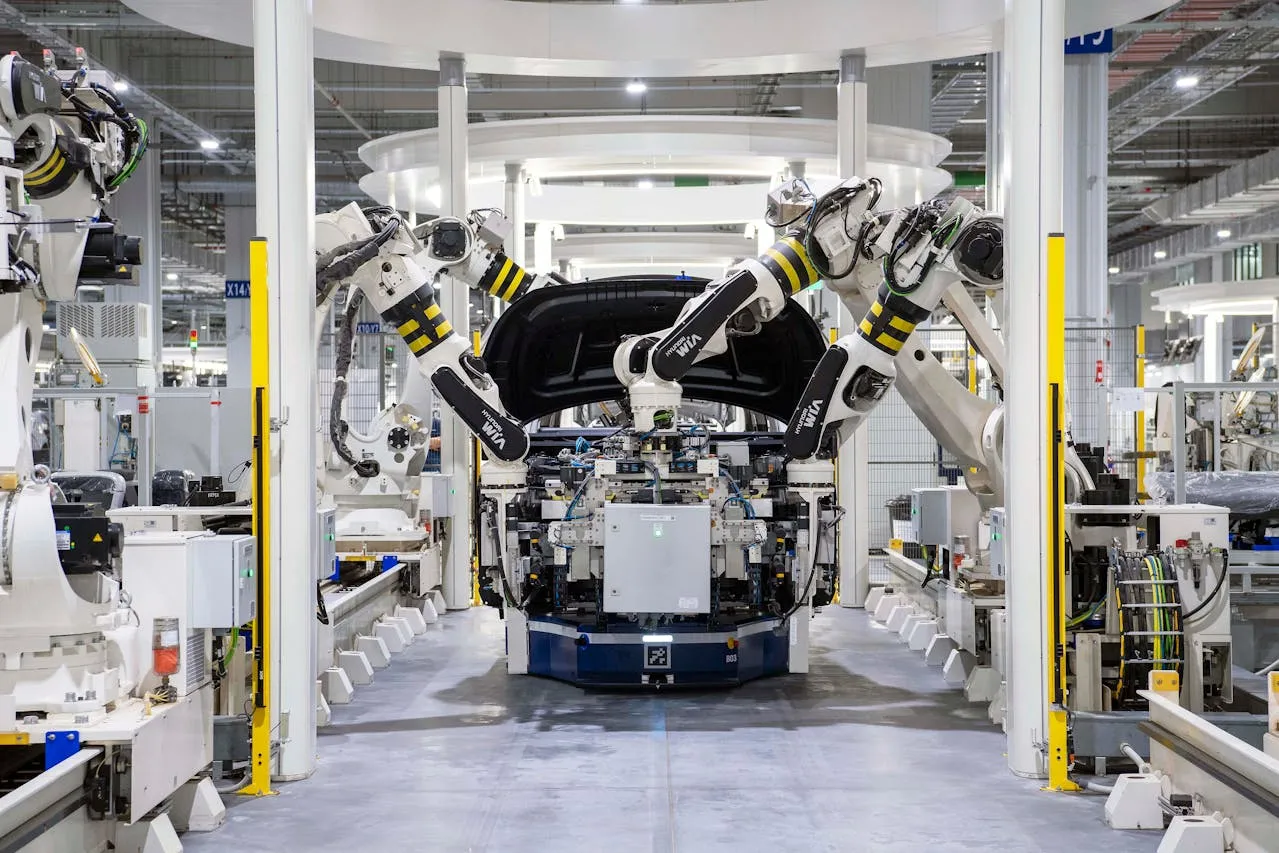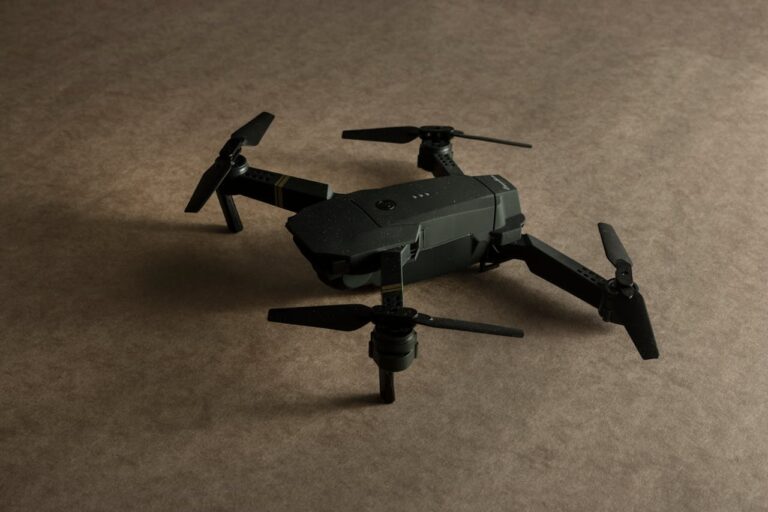
Dream Incubator and DENSO Launch Strategic Project to Develop Digital Platform for Mobility Circular Economy and Integrated Manufacturing in India
Dream Incubator Inc. (DI), a Tokyo-based strategic consulting and investment firm led by President Takayuki Miyake, and DENSO CORPORATION, a global automotive components manufacturer headquartered in Kariya, Aichi under the leadership of President and CEO Shinnosuke Hayashi, have jointly announced the launch of a transformative initiative in India. Their collaborative project, titled “Digital Platform Development for Mobility Circular Economy and Integrated Manufacturing for India by Collaboration with Open API Network in India and Japan,” has officially been selected for support under the United Nations Industrial Development Organization’s (UNIDO) “Industrial Cooperation Programme in the Global South through Technology Transfer from Japan.”
Strategic Purpose and Broader Vision
This joint initiative between DI and DENSO is designed to play a critical role in shaping the future of India’s manufacturing and mobility sectors. The project seeks to enhance the efficiency and sustainability of the manufacturing supply chain while also improving customer service in the country’s growing automotive aftermarket.
The core objective is to construct a comprehensive digital platform that integrates data management and optimization tools for various stakeholders across the industrial value chain. The platform will promote the development of smarter, more sustainable manufacturing ecosystems, thereby increasing productivity, competitiveness, and user satisfaction.
By leveraging this digital infrastructure, DI and DENSO intend to support the evolution of a mobility circular economy—an ecosystem in which products, resources, and data are reused and recycled to the greatest extent possible, reducing waste and emissions. This initiative aligns with global trends emphasizing green technology, digital transformation, and inclusive industrial growth.
Talent Development and Global Expansion
Beyond technological advancement, another fundamental goal of the project is human capital development. By involving local stakeholders and providing training, the initiative aims to foster a new generation of professionals capable of supporting the digital and sustainable transformation of India’s manufacturing base.
Moreover, DI aims to extend the benefits of this initiative to Japanese companies looking to expand into global markets via India. The company plans to offer a wide range of end-to-end support services—from conceptual design and strategic planning to execution and business development—thereby enabling Japanese firms to tap into India’s economic dynamism.
Meanwhile, DENSO sees this project as a stepping stone toward reverse innovation—developing technologies and solutions in emerging markets like India and later deploying them in mature markets such as Japan and beyond.
Project Timeline and Technical Details
The project was formally adopted on July 15, 2025, and will run through November 2027. The central element of the initiative is a digital infrastructure named Solwer, an integrated platform that manages large volumes of data across both the manufacturing supply chain and the automotive aftermarket.
The implementation of Solwer will be supported by the development and demonstration of five key applications, each tailored to address specific challenges in logistics, sustainability, manufacturing efficiency, and customer service:
1. Transport & Warehouse Management
This application provides a logistics optimization solution that unifies vehicle scheduling, inventory management, and transport quality control. It is designed to reduce delivery times and costs while ensuring higher operational reliability.
2. Carbon Footprint Management
A greenhouse gas (GHG) management tool that visualizes CO₂ emissions across the product lifecycle—from manufacturing to after-sales service. The tool supports Scope 1, 2, and 3 tracking, helping companies meet regulatory and sustainability targets through actionable insights.
3. KAIZEN IoT
This Internet of Things (IoT) solution is focused on driving continuous improvement, or “Kaizen,” at manufacturing sites. By identifying bottlenecks and inefficiencies in real-time, the tool enables manufacturers to improve output quality and operational efficiency.
4. Mobility Aftermarket Super App
A user-centric mobile application that serves as a one-stop shop for aftermarket services such as vehicle repairs, car washes, insurance management, and maintenance bookings. The app is designed to boost both consumer convenience and profitability for service providers.
5. Vehicle Digital Inspection
An AI-powered tool that allows users to inspect vehicle exteriors using a smartphone or tablet. The tool can detect damage and automatically generate inspection reports, streamlining processes for vehicle owners, insurers, and repair shops.
Building on Established Track Records
This initiative leverages both DI’s and DENSO’s established presence and experience in India. Their collaborative history and deep understanding of the Indian business environment make them well-positioned to lead this complex and ambitious undertaking. Their joint expertise will be instrumental in successfully implementing and scaling the digital solutions that form the backbone of this project.
A Model for Global Industrial Cooperation
By fostering open collaboration between Japanese and Indian stakeholders through an Open API network, the project sets a precedent for international industrial cooperation. It embodies the UNIDO vision of leveraging technology transfer to empower countries in the Global South, thereby promoting inclusive and sustainable industrial development.
In summary, this project represents a significant step toward integrating advanced digital solutions with the practical needs of emerging markets. With the potential to transform India’s manufacturing and mobility ecosystems, and a blueprint for future innovations in both developed and developing economies, the DI-DENSO initiative marks a new chapter in global industrial collaboration.




